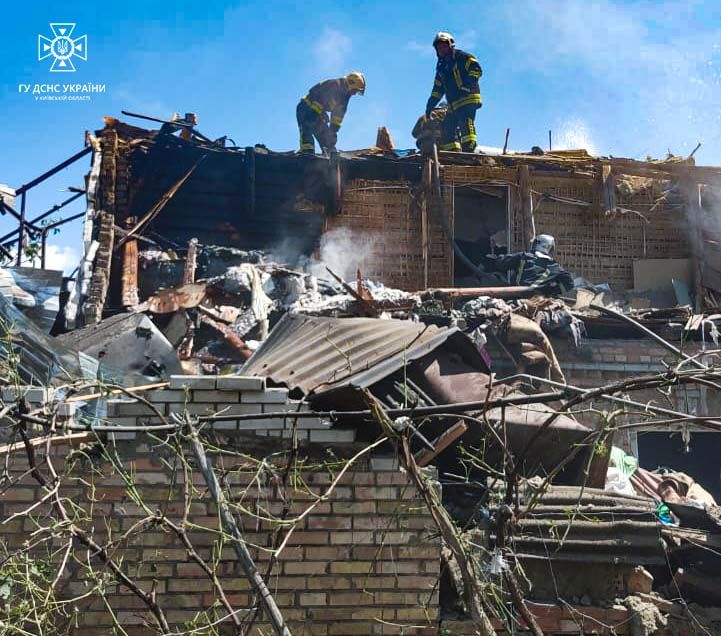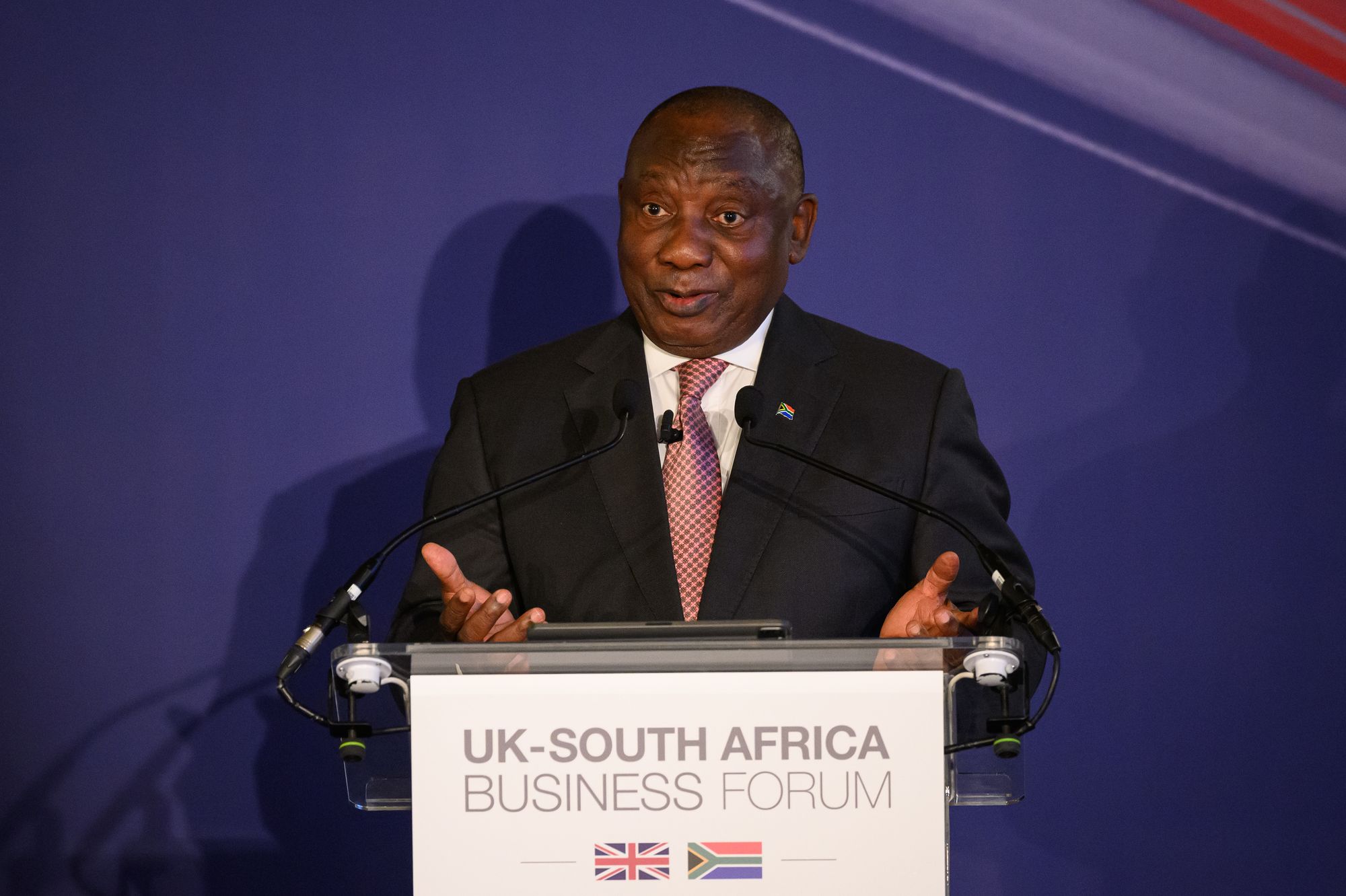EU hopes Russian June 16 attack against Kyiv made African leaders 'clearly realize' Moscow’s intentions

The European Union commented on Russia's missile strike against Kyiv Oblast amid an African delegation's visit to the Ukrainian capital on June 16.
"I think this makes them (African leaders) realize very clearly who is the aggressor and how the aggressor behaves, what are its intentions," European Commission spokesperson Peter Stano said at a press conference.
A delegation of African countries led by South African President Cyril Ramaphosa arrived in Ukraine in the morning. The group is set to meet with President Volodymyr Zelensky under the African Peace Mission. Their next stop is Russia's St. Petersburg, where the leaders will meet with Russian dictator Vladimir Putin.
Except for Ramaphosa, the delegation includes leaders of Senegal, Egypt, the Republic of the Congo, Uganda, the Comoros, and Zambia. Several hours after their arrival, Russia launched 12 missiles at Kyiv Oblast, all of which were shot down by Ukraine's air defenses.
According to Stano, the EU welcomes any serious and meaningful efforts to achieve peace as "no one wants peace more than the Ukrainian and the Europeans."
However, for the peace facilitation efforts to be successful, one needs to talk to the aggression's victim, "to listen, to see firsthand the positions, and the perspectives and the experiences of the victim," the official said. He endorsed the delegation's visit to Kyiv but pointed out that the African Peace Mission took place over a year after Russia's full-scale invasion.
"There could be peace immediately — when Putin stops terrorizing Ukrainian people and withdraws his murdering, torturing, and looting troops from Ukraine's territory," concluded Stano.
Reuters reported on June 15 that the African delegation would propose Ukraine and Russia "confidence-building measures," which might include withdrawing Russian forces from Ukraine, removing tactical nuclear weapons from Belarusian territory, and suspending the International Criminal Court's arrest warrant against Putin.
According to the Associated Press, the delegation also plans to discuss the export of Ukrainian grain and Russian fertilizers.
Although most African countries declared neutrality in the war, Moscow has long maintained good relations with the governments of the African continent.













